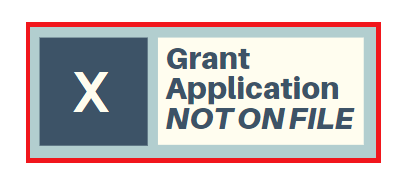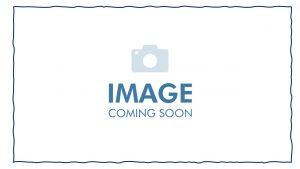
| Name of Non-Profit Organization * | MedMentor of Greater Cincinnati |
| Today’s Date: * | Saturday, August 17, 2019 |
| Organization’s website | http://www.medmentorcincy.org |
| EIN / 501(C)(3)Number * | 81-4355747 |
| What year did your organization receive it’s non-profit status? * | 2017 |
| Address * | Cincinnati, OH 45219 United States |
| County * | Hamilton |
| Your Name * | Cole Jackson |
| Your Title * | CEO |
| Your email address * | cole@medmentorcincy.org |
| Your Phone Number | (513) 293-4199 |
| Executive Director’s Name * | Cole Jackson |
| Executive Director’s email address * | cole@medmentorcincy.org |
| What is the mission of your organization? | |
| At MedMentor, we have taken the multifaceted, evidence-based mentoring program seen at Big Brothers Big Sisters and adapted it to create life-changing relationships between children and adults in Cincinnati who are facing the same chronic disease. Our mentoring program uses the traditional 1-to-1 mentorship model that is common in the general population and known to improve social/emotional outcomes for at-risk youth.
Our mentees (youth ages 10-19), are matched with trained, professionally supported adult patients (mentors) who are living successfully with the same medical condition. The mentor serves as the kids trusted advisor and “health coach” for a minimum of one year. The match spends time together face-to-face at least 1x month in addition to weekly contact. The relationship helps the child normalize and destigmatize their disease and has a positive impact on emotional and psychological issues (i.e. stress, anxiety, depression, social isolation, and altered self-image). By partnering with parents, volunteers, and others in the community, we are accountable for each child achieving: an increased ability to manage their disease, better relationships, greater confidence, and enhanced quality of life, and avoidance of risky behaviors. To ensure the best and safest experience possible, we adhere to the both HIPAA and mentoring program best practices. In accordance to these guidelines, we interview each potential mentor and their character references. We also run thorough background checks on all volunteers (i.e. national criminal database search, social security verification, and sexual offender’s registry check). Volunteers are trained on how to establish healthy boundaries, develop trust, identify and escalate risks/issues, maintain patient confidentiality, and avoid giving medical advice. Once a match between a mentor and mentee is made, we are in regular contact with each party to provide assistance and give feedback, including but not limited to helping matches with ideas for activities and guidance for handling possible difficult situations. |
|
| Which social causes (up to 3 choices) does your agency address through its programming? * |
|
| Any comments about your selections you would like to share with the student philanthropists? | |
| President Harry Truman once said, “In the long view, no nation is any healthier than its children.” Without question, every child with a chronic disease deserves to achieve their full potential. However, the undeniable truth is that for many, this hope becomes lost in the face of adversity.
We believe every child is born with an innate interest to explore, learn, develop, dream, and achieve, and with an inherent gift to offer humanity. However, children with chronic illnesses are at greater risk for stress, anxiety, depression, social isolation, and altered self-image. These emotional and psychological issues can alter these innate interests and prevent children from becoming their true potential. Even worse, children with chronic illnesses who become socially isolated have a high degree of life stress and have more than four times the risk of death by suicide. In the past 20 years, the rate of chronic illnesses among children in the U.S. has nearly doubled to one in five children. In Hamilton County, over 37,000 children are living with a chronic disease. By 2025, chronic illnesses will affect an estimated 164 million Americans – nearly half (49%) of the U.S. population. |
|
| Does your organization have volunteer opportunities available for students? * | No, sorry. |


